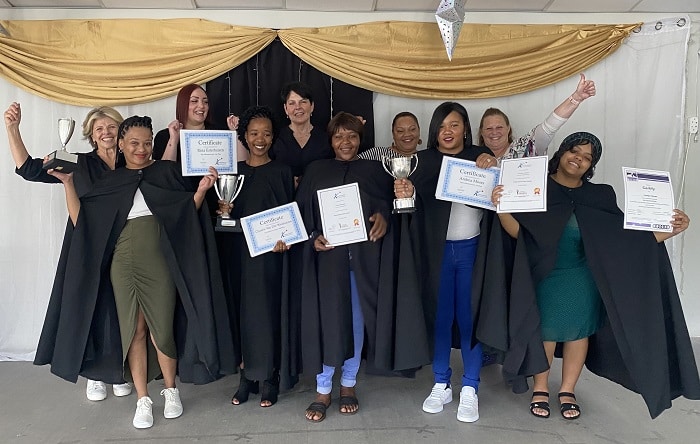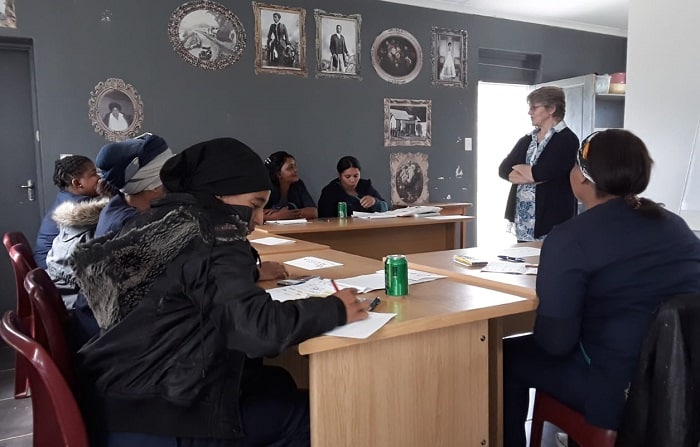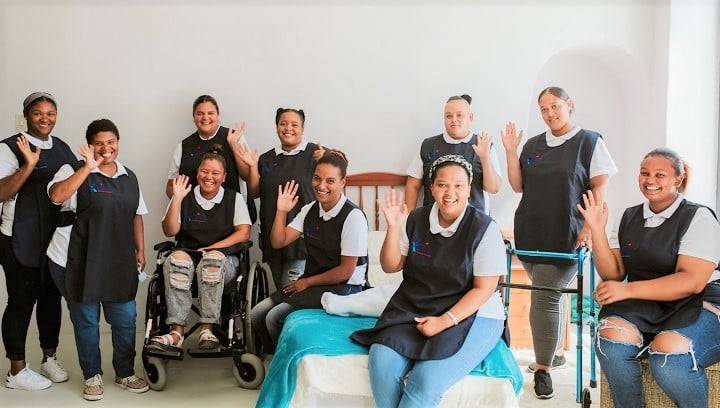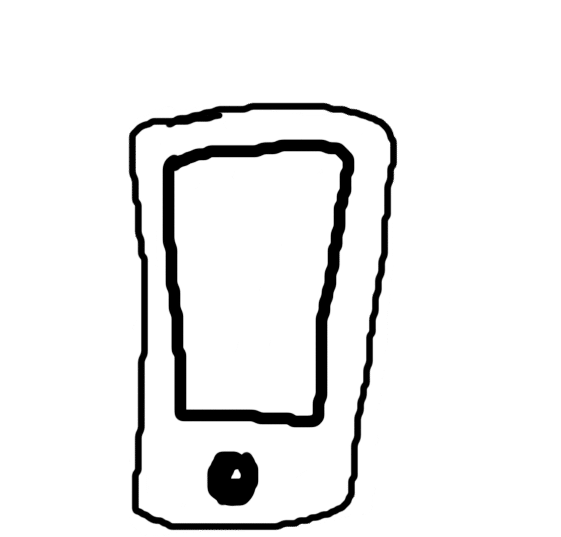In 2022 SOS Africa partnered with Social Worker and Certified Life Skills Coach Charmaine Nortje to provide a comprehensive life skills programme to young adults from Sir Lowry’s Pass Village Community as part of the charity’s Home-Based Care Worker Programme. This life skills programme was developed to fill the gap between learning theoretically how to care for the helpless with the ability to communicate with confidence as well as build and maintain good relationships. Charmaine has kindly agreed share her experiences below…

Who can Benefit from Life Skills Courses
School dropouts, drug addicts, unemployed, living on social grants and seeing the cycle repeating itself over and over from one generation to the next, leave people from disadvantaged backgrounds with feelings of hopelessness and a lack of a sense of purpose. Even when young people complete schooling, they most often join the ranks of the unemployed for lack of opportunities and/or finances. Still, they are the angels and soldiers taking care of their families the best they know how, ready to embrace an opportunity to better themselves.
Supplementing Home-Based Care Worker Programmes with Life Skills Courses
The Home-Based Care Worker Programme sponsored by SOS Africa is an excellent example of individuals and organisations working together offering unemployed young people an amazing advantage to a better future. The basic requirement to join this programme starts with a desire and gift to understand people who cannot take care of themselves. It is a daunting, selfless and very often unappreciated job which requires a good amount of theoretical knowledge. In addition to the theoretical knowledge, it is even more important that these ladies know how to deal with their own emotions and work well with colleagues and patients.
What are the Goals of Life Skills Courses?
As a qualified Social Worker, Certified Life Coach and Certified Soft Skills Trainer, I do counselling, coaching and training with the goal to:
- Support people who are dealing with personal issues that hamper them from reaching their full potential.
- Work with people to discover their purposes and guide them to use internal and external resources which will enable them to stay on course.
- Teach the cornerstone of emotional intelligence which are life skills like behaviour, the choices they make and the effect thereof on others and on relationships.
- Coach to enhance soft skills like communication, conflict management and stress management to equip people to build better relationships with their immediate friends and family plus ultimately in work relationships.
This programme has proven to make a big difference in the lives of young people.
How do Life Skills Courses Work?
The training is conducted over 6 x2 hour sessions.
- Session 1: Iceberg concept: understanding the impact of the behavioural choices we make on relationships. Discussing the emotional bank account which forms the foundation of emotional intelligence.
- Session 2: Relationships with focus on the pillars of respect, trust, loyalty, honesty, empathy and acceptance. This session aims to enhance self-value with humility, not self-righteousness nor entitlement. This will lead to good work ethics and better relationships with co-workers and patients.
- Session 3: The development of communication skills from the foundation of emotional intelligence. Understanding the levels of communication.
- Session 4: Practical communication skills: listening, questioning, rephrasing, empathy and observing skills. Deeper understanding of non-verbal and verbal communication including tone of voice.
- Session 5: Conflict management from the perspective of balancing body (actions), soul (emotions) and mind (thoughts). Discover the reasons for conflict and managing emotions effectively to obtain the desired win-win outcome.
- Session 6: Teamwork based on the principles of the Flying Geese. Developing and practising skills for successful job interviews.
Feedback from Life Skills Course Graduates

Sylvia Esterhuizen is now able to put herself in another’s shoes and learned about respect, honesty, acceptance and self-worth. Her relationship with her family was strengthened and she will apply all the life skills to her own life.
Bonewa Moko never knew how important it is to really listen to people and to pay attention to what they say in order to build a relationship with the other person and truly understand them. She can see how this will help her in caring for the sick and helpless.
Thobeka Shenxani has learned to make people feel special and important and to lower her voice when talking to her own children. The kids are not so scared of her anymore and will come to look for her to spend time with her.
Alexa Finger has learned a lot about herself and learned to work with the other ladies in the team. She is more aware of her and other people’s feelings and can connect with them on a new level.
Taryn-Leigh September never expected to learn so much from the training and be changed by it. She is more sensitive to understanding when another person is not feeling him or herself. She is also using the neuroscience tools she learned to get herself out of depression and hopelessness.
Melissa Sibango learned to communicate and consider other people’s feelings before reacting. She is more open to other people’s opinions and has learned to deal with difficulties.
What is the Intending Outcome of Life Skills Courses?
The outcome of the training is a better understanding of emotional intelligence, the power of choices based on a mature adult approach which results in less conflict with a focus on communication skills and work ethics, understanding differences and boundaries. These outcomes can have a significant impact and can be applied to all areas of a person’s life.

It is an honour to work with young adults, instilling them with these life skills and knowing that the changes they make are not only impacting themselves, but also their families and the people they care for and work with.
Charmaine Nortje
Social Worker, Life Coach and Soft Skills Trainer
Click here for more information about SOS Africa’s full range of Holistic Education & Care Activities









